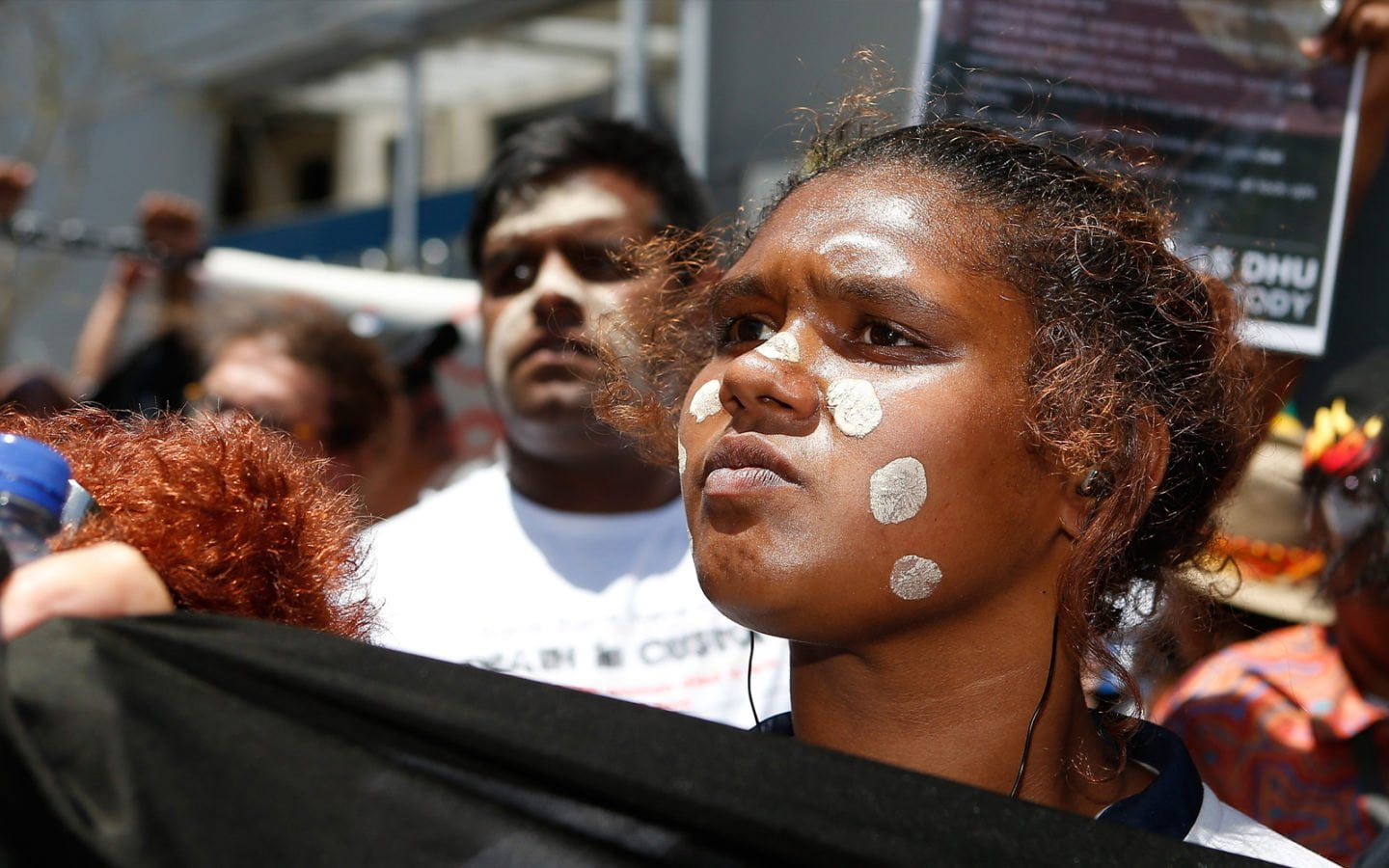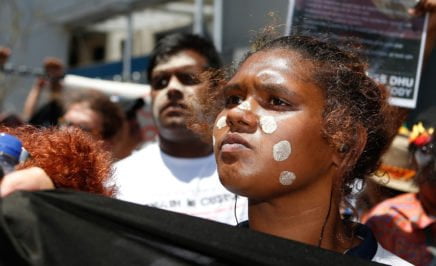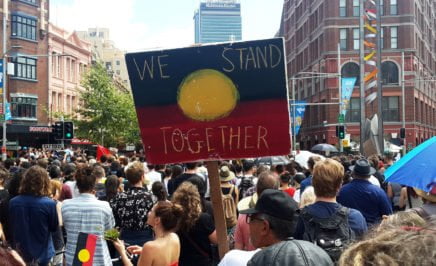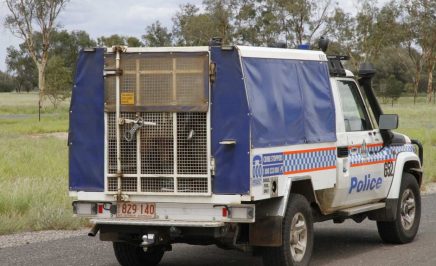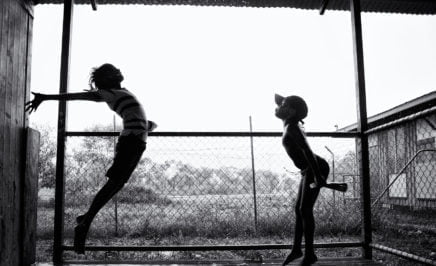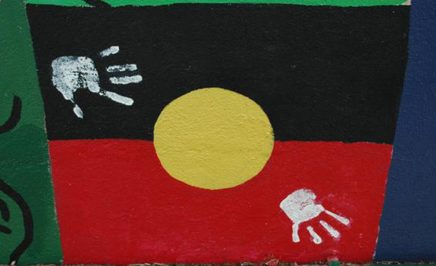Holocaust denial and racial abuse on public transport could be considered okay under proposed changes to Australia’s Racial Discrimination Act.
As public discussion around the proposals intensifies we explain what the RDA is and how the proposed changes might affect Australia.
What is the Racial Discrimination Act?
It’s pretty simple, really. The RDA is a law passed in 1975 by the Whitlam government to make sure everyone in Australia was treated equally and given the same opportunities - regardless of their background.
The Act was last updated in 1995 after three major national inquiries – the Royal Commission into Aboriginal Deaths in Custody – the National Inquiry into Racist Violence and the Australian Law Reform Commission Report into Multiculturalism and the Law – found a strong link between racist conduct in public and racially-motivated violence.
At the core of the changes made in 1995 is Section 18C, which makes it unlawful for someone to “offend, insult or humiliate” a person based on the colour of their skin or their cultural background. It also provides recourse for victims of racism to make a complaint to the Australian Human Rights Commission (AHRC), which then tries to resolve the complaint before it goes to court. And the AHRC actually does this really well – in 2015–16, only one complaint went to court, and in the past five years only three per cent of finalised complaints proceeded to court.
The lesser known Section 18D, brought in at the same time, exempts artistic works, academic and scientific debate and “fair and accurate” reporting of any events or matters of public interest made “reasonably” and in “good faith”.
Why does the RDA regularly make headlines?
Well, in 2014, for the first time in almost 20 years, the Australian Government announced its intentions to make changes to the Act, when Attorney-General George Brandis released draft changes to the RDA. Brandis argued the RDA amounted to “political censorship”, while the laws he proposed were “the strongest protections against racism that have ever appeared in any Commonwealth Act.”
Incidentally, when talking about his proposed changes to the RDA, Brandis claimed that Australians have “the right to be bigots”.
Critics of the RDA claimed that free speech in Australia is too heavily restricted, whilst those in support of the Act argued that the proposed changes would green light racism across the country.
Amnesty has made a submission supporting no changes to the RDA.
Okay, so what exactly are the changes?
Remember we talked about Section 18C? Well, it’s up for the chop.
The government is proposing to remove the text that makes it unlawful to do or say things that “offend”, “insult” or “humiliate” a person due to their race, ethnicity, colour, or immigration status. Instead, only doing or saying racist things that intimidate or “vilify” someone would be against the law.
But intimidate doesn’t have its normal meaning, it only means ‘fear of physical harm.’ And guess what? Vilify doesn’t have its normal meaning either, in the changes it only means inciting, or stirring up, others to be racially hateful. An obvious problem with this is the difficulty a racism victim could have in convincing authorities that they had, in fact, felt physically intimidated during an attack or that others were stirred up, or encouraged to join in the hatred.
Oh, and under the changes, whether a person was vilified or intimidated would be determined by the standards of ‘an ordinary reasonable member of the Australian community not by the standards of any particular group.’ Which means you can’t consider the particular history and situation of a cultural or ethnic group and how the use of certain slurs impacts them.
We also talked about 18D. For the last 20 years this has been one of the few protections of freedom of speech in Australian law. This will be gone. Under the draft proposal it will be okay to use racist “words, sounds, images and writing”, as long as it’s in the “public discussion of any political, social, cultural, religious, artistic, academic or scientific matter”.
Other sections to potentially be cut are 18B and 18E. These are about how authorities interpret an act that is done for more than one reason and employers needing to take steps to prevent racial abuse by their staff.
What impact would the changes have?
It is all little hard to be 100% clear about this. It would depend a bit on how courts interpret the changes and there are some state laws that deal with racial vilification (but, for example, there is nothing but the RDA in the Northern Territory). But let’s start with that last point. If racism is deemed fine in the context of so many spheres of public discussion, the proposed legislation send the message that racist speech, no matter how untrue or repulsive or harmful it may be.
Although freedom of expression is paramount in a democratic society, we still need laws that ensure free speech doesn’t cross the line and become hate speech. And there is every possibility that doing away with Section 18C and 18D would lead to hate speech being tolerated.
In real terms, the new legislation could also mean that an ordinary person sitting on a bus who is racially vilified by a stranger will no longer have an opportunity to have their complaint proceed under the RDA. Unless it has caused them to fear physical harm or has roused others to hatred in a way that ‘an ordinary reasonable Australian’ would recognise, there is no legal protection. Even though the psychological effect may be profound.
In its current form, the RDA balances our right to freedom of expression with our right to be protected from racist abuse. But if the changes are adopted, this balance could be tipped way off. Suddenly, we’re making it okay for someone to verbally attack another person on public transport for race reasons without legal ramifications unless it approaches violence. And for those of you fortunate to have never experienced or witnessed such attacks, watch these videos of a racist attack on an Asian couple on a Sydney bus and a foul-mouthed racist rant on a Melbourne train to see what it looks like.
The reality is that the proposed changes to the RDA will make our race hate laws so narrow that they will scarcely provide protection against racial hatred at all.
Everyone should be protected from abuse and intimidation based on race or ethnicity. It’s a human right and should be protected under the law. The government needs to safeguard against making our race hate laws so narrow they scarcely provide protection against racial hatred at all.
Article by Katie Young, Online Editor
